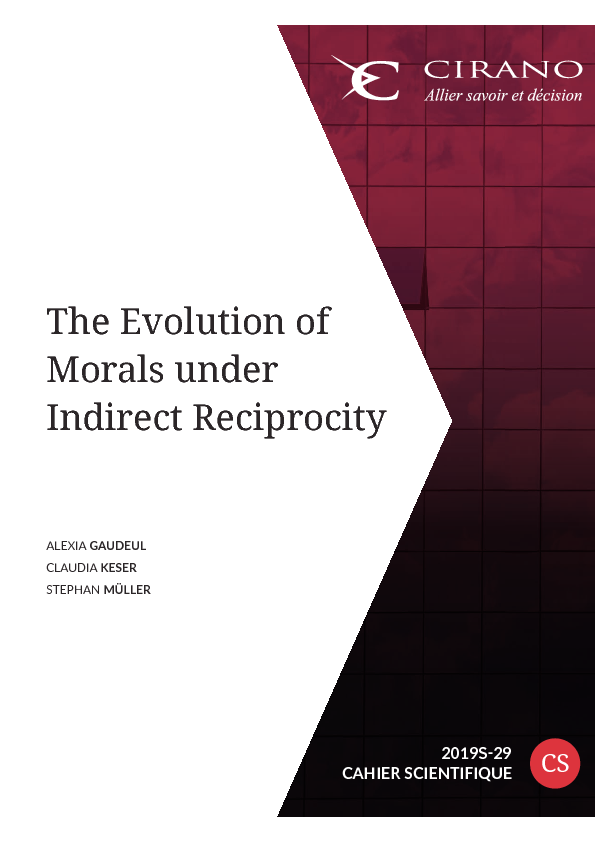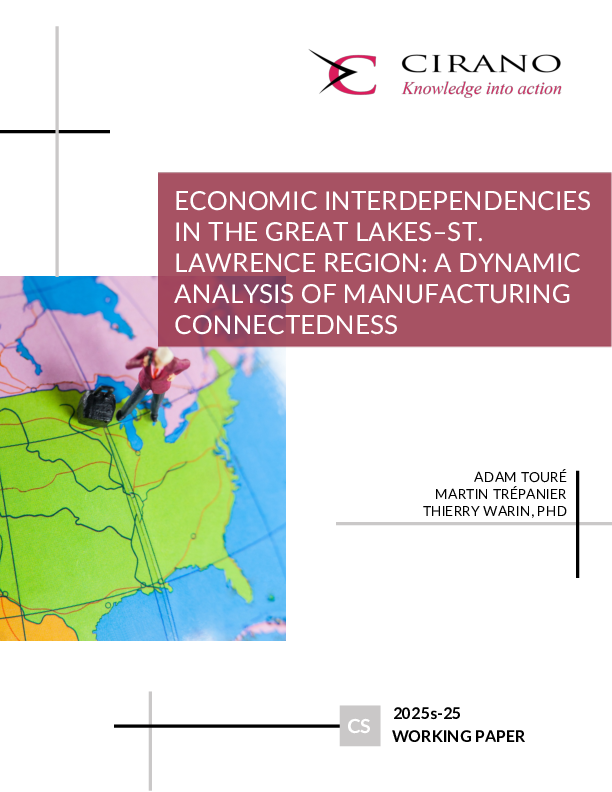The Evolution of Morals under Indirect Reciprocity
We theoretically and experimentally study the evolution of strategies reflecting different moral judgments under indirect reciprocity. We fully characterize the evolutionary stable equilibria. In all cooperative equilibria multiple strategies coexist. This offers an explanation for the heterogeneity in moral judgments among humans. The prescribed behavior of the equilibrium strategies can rationalize the design of empirical examples of reputation systems, which are set up to resolve problems of moral hazard. In our laboratory experiment, we find that more than 75% of participants play strategies that belong to the predicted equilibrium set.




